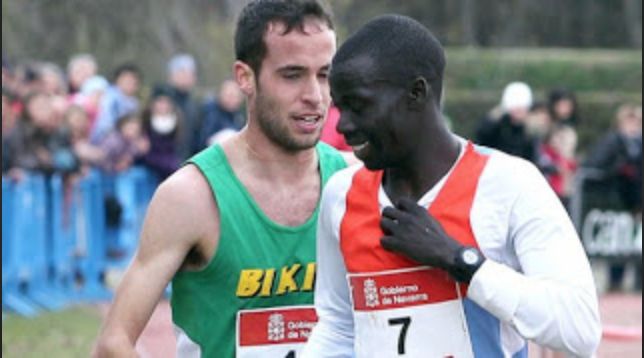Nehemiah and the Tall Poppy Syndrome
Tall Poppy Syndrome is a term coined to explain the mindset of people who attack successful people. It's name gives the idea that the flower that grows the tallest is cut off because it sticks out. This has also been called the Crabs in a Barrel mindset where a person's success set them up as a target for attack, largely out of jealousy and envy of their fellow employees. This takes the drive out of someone's ambition at work or in life.

Nehemiah and the Jews had focused on rebuilding the wall of Jerusalem. It didn't take long for their neighbors to notice. They began to resist the Jews' efforts through threats, taunting, confusion, and demoralization. Yet the Jews persisted in their efforts.
Whenever someone does something bold for God, be it starting a church, taking up missions, bringing change in the community, they will inevitably face the resistance of those seeking to stop them or slow them down.
"Do nothing out of selfish ambition or vain conceit. Rather, in humility value others above yourselves, not looking to your own interests but each of you to the interests of the others" (Philippians 2:3-4, NIV).
Real Success Is Always Attainable
"No, I do not become discouraged. You see, God has not called me to a ministry of success. He has called me to a ministry of mercy."
- Mother Teresa
Mother Teresa possessed a clear understanding of God's priority versus the world's priorities. She understood that real success is doing God's will. As a result, she was protected from two tragic errors: First, she avoided the temptation to waste her life on things that don't really matter. Second, she avoided the discouragement that comes from failing to experience the world's idea of success.
One of the wonderful things about living for God is that when we seek His will, we seek something that is always completely attainable.
Mother Teresa might have had cause to become discouraged if she had allowed the world to define success for her. But, since she left that to God, success was always within her reach.
"The one who plants and the one who waters have one purpose, and they will each be rewarded according to their own labor. For we are co-workers in God's service; you are God's field, God's building" (1 Corinthians 3:8-9).
Illustration Exchange
Win or Lose
On December 2, 2012, Spanish athlete Iván Fernández Anaya was competing in a cross-country race in Burlada, Navarre. He was running second, some distance behind race leader Abel Mutai – bronze medalist in the 3,000-meter steeplechase at the London Olympics. As they entered the finishing straight, he saw the Kenyan runner – the certain winner of the race – mistakenly pull up about 10 meters before the finish, thinking he had already crossed the line.
Fernández Anaya quickly caught up with him, but instead of exploiting Mutai’s mistake to speed past and claim an unlikely victory, he stayed behind and, using gestures, guided the Kenyan to the line and let him cross first.
“I didn’t deserve to win it,” says 24-year-old Fernández Anaya. “I did what I had to do. He was the rightful winner. He created a gap that I couldn’t have closed if he hadn’t made a mistake. As soon as I saw he was stopping, I knew I wasn’t going to pass him.”
Fernández Anaya is coached in Vitoria by former Spanish distance runner Martín Fiz in the same place, the Prado Park, where he clocked up kilometers and kilometers of training to become a European marathon champion in 1994 and world marathon champion in 1995.
“It was a very good gesture of honesty,” says Fiz. “A gesture of the kind that isn’t made anymore. Or rather, of the kind that has never been made. A gesture that I myself wouldn’t have made. I certainly would have taken advantage of it to win.”

There are many in this world that have the same perspective as Martin Fiz. They believe the only way to win in life is to be out in front, ahead of those around you. Yet, our Lord, when He was on this earth, taught the exact opposite. He told us things like - the way up is down, the way to the first chair is to take the last chair, the way to live is to die… the way to win is to be willing to lose for others.
Paul took that example and with inspiration wrote the following in Philippians 2: 3-5: "Let nothing be done through strife or vainglory; but in lowliness of mind let each esteem others better than themselves. Look not every man on his own things, but every man also on the things of others. Let this mind be in you, which was also in Christ Jesus."
Winning in this world is climbing up the ladder of success. But as you are going up, never forget that our Savior found victory by coming down.